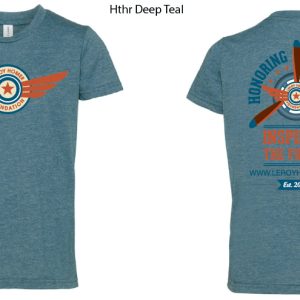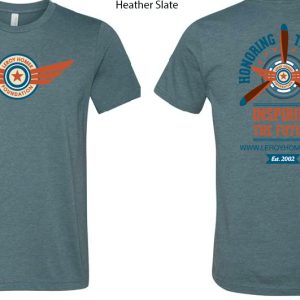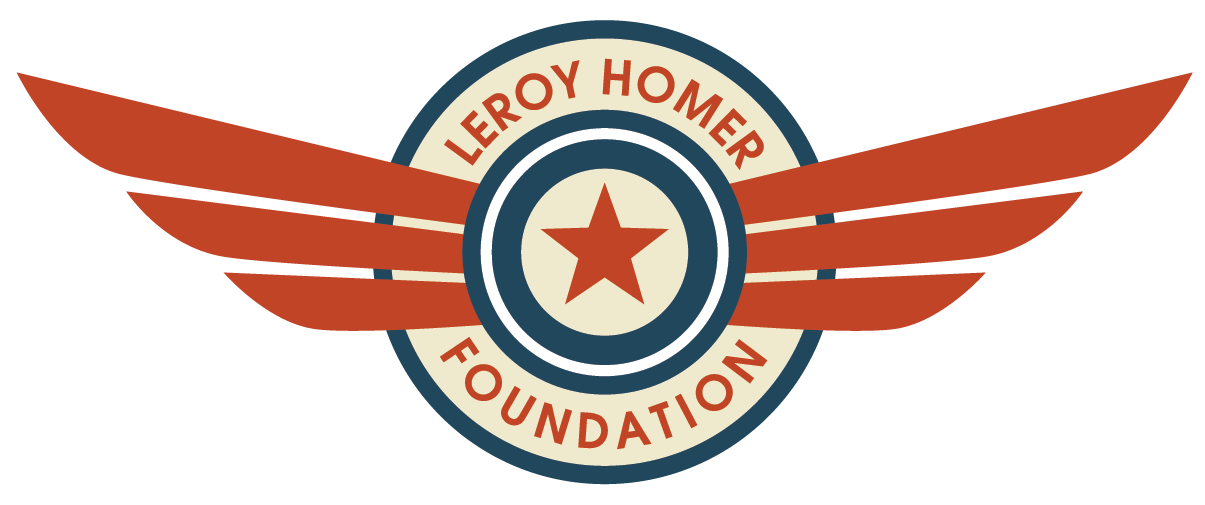Memorials, anniversary ceremonies, days of public service are all ways people remember Tuesday, September 11, 2001. Yet, in some ways, especially recently, lessons from that day seem to be forgotten.
Take for example the airlines. After the attacks, Congress mandated reinforced cockpit doors. When procedural experience showed there were still concerns about a cockpit breach when it was necessary for the door to be opened, United and Northwest went ahead installing a secondary barrier. A secondary barrier is a lightweight wire door that blocks access to the cockpit. When the cockpit door needs to be opened for crew meals, restroom breaks etc. the secondary barrier prevents anyone from gaining access. United currently has secondary barriers installed on their 757/767, 747 and 777.
With the recent merger of United and Continental airlines, United Airlines is now under Continental management. Several months ago I became aware that United had paid Boeing to remove this safety feature from their recent delivery of Boeing’s 787 Dreamliner. When asked for a reason by Ellen Saracini, widow of Captain Saracini United #175, no clear cut reason was given.
Instead, you may have noticed a flight attendant standing in front of the cockpit door with their arms crossed or standing behind a beverage cart. So, it would appear by the airlines’ own procedures that they do acknowledge there is a need for a secondary barrier.
Why the pushback from other airlines to install these devices? Cost? Research conducted this year estimated these barriers to cost 5000 – 12,000 each. If that number seems high, compare it to the reported one million dollars United invests per airplane on their in-flight entertainment. If given a choice, I believe most of the flying public would opt for safety.
Last week I flew to Washington, DC to meet with congressional reps and encourage them to sign on to HR 1775 which would mandate airlines to install these barriers. I learned even more about this issue. An article in Politico magazine suggested that passengers were one of the many layers of security which negates the need for secondary barriers. I’m not sure how that would work – first, we would have to know this as an expectation, much like when we agree to sit in an exit aisle. I’m assuming this would only apply to the adult able bodied, then I suppose who would have to agree to sleep/eat/read in shifts. As I found out in my meetings in DC, for this cockamamie scenario to work, given a generous minimum reaction time of a 30-45 seconds of passengers to notice a breach and then react, they would still not be able to intervene as it takes as little as 3-6 seconds to breach the cockpit.
And also realize that if the cockpit is breached, no one will ever be able to get through the reinforced door. Which means the aircraft can be used as a WMD, and the only way to stop it would be for the government to order an American aircraft to be shot down.
This all boils down to the almighty dollar. The airlines just are not concerned enough to want to spend a relatively small amount of money to keep their passengers and crews safe. There are people, bad people, terrorists, mentally unstable individuals, who are seeing this weakness right now, figuring out how to use it to their advantage.
I would ask everyone who reads this to remember September 11, 2001, how helpless you felt, how we didn’t know what was happening, what more was going to happen. If we ALL contact our congressional representatives, and ask them to support HR 1775, and then pass this information on to your friends and families, especially the ones who have to travel for work. Because if this bill doesn’t get passed, and a plane is hijacked again, the blame will fall on the these representatives, many of whom were present for the dedication of the plaque which hangs in the US Capitol, as a thank you to crew and passengers from United #93 who lost their lives while thwarting the attack on this intended target.
To contact your congressional rep, go to:
www.house.gov/representatives/find/ OR http://www.alpa.org/ALPADeptInfoPages/Departments/GovernmentAffairsDepartment/PopvoxSecondaryBarriers/tabid/7906/Default.aspx
 Youth T-Shirt - Heather Deep Teal
$18.99
Youth T-Shirt - Heather Deep Teal
$18.99
 Adult T-Shirt - Heather Storm
$18.99
Adult T-Shirt - Heather Storm
$18.99
 Adult T-Shirt - Heather Slate
$18.99
Adult T-Shirt - Heather Slate
$18.99
 Commemorative Patch
$5.00
Commemorative Patch
$5.00

Posted: July 25, 2013 by Melodie Homer
Lest We Forget
Memorials, anniversary ceremonies, days of public service are all ways people remember Tuesday, September 11, 2001. Yet, in some ways, especially recently, lessons from that day seem to be forgotten.
Take for example the airlines. After the attacks, Congress mandated reinforced cockpit doors. When procedural experience showed there were still concerns about a cockpit breach when it was necessary for the door to be opened, United and Northwest went ahead installing a secondary barrier. A secondary barrier is a lightweight wire door that blocks access to the cockpit. When the cockpit door needs to be opened for crew meals, restroom breaks etc. the secondary barrier prevents anyone from gaining access. United currently has secondary barriers installed on their 757/767, 747 and 777.
With the recent merger of United and Continental airlines, United Airlines is now under Continental management. Several months ago I became aware that United had paid Boeing to remove this safety feature from their recent delivery of Boeing’s 787 Dreamliner. When asked for a reason by Ellen Saracini, widow of Captain Saracini United #175, no clear cut reason was given.
Instead, you may have noticed a flight attendant standing in front of the cockpit door with their arms crossed or standing behind a beverage cart. So, it would appear by the airlines’ own procedures that they do acknowledge there is a need for a secondary barrier.
Why the pushback from other airlines to install these devices? Cost? Research conducted this year estimated these barriers to cost 5000 – 12,000 each. If that number seems high, compare it to the reported one million dollars United invests per airplane on their in-flight entertainment. If given a choice, I believe most of the flying public would opt for safety.
Last week I flew to Washington, DC to meet with congressional reps and encourage them to sign on to HR 1775 which would mandate airlines to install these barriers. I learned even more about this issue. An article in Politico magazine suggested that passengers were one of the many layers of security which negates the need for secondary barriers. I’m not sure how that would work – first, we would have to know this as an expectation, much like when we agree to sit in an exit aisle. I’m assuming this would only apply to the adult able bodied, then I suppose who would have to agree to sleep/eat/read in shifts. As I found out in my meetings in DC, for this cockamamie scenario to work, given a generous minimum reaction time of a 30-45 seconds of passengers to notice a breach and then react, they would still not be able to intervene as it takes as little as 3-6 seconds to breach the cockpit.
And also realize that if the cockpit is breached, no one will ever be able to get through the reinforced door. Which means the aircraft can be used as a WMD, and the only way to stop it would be for the government to order an American aircraft to be shot down.
This all boils down to the almighty dollar. The airlines just are not concerned enough to want to spend a relatively small amount of money to keep their passengers and crews safe. There are people, bad people, terrorists, mentally unstable individuals, who are seeing this weakness right now, figuring out how to use it to their advantage.
I would ask everyone who reads this to remember September 11, 2001, how helpless you felt, how we didn’t know what was happening, what more was going to happen. If we ALL contact our congressional representatives, and ask them to support HR 1775, and then pass this information on to your friends and families, especially the ones who have to travel for work. Because if this bill doesn’t get passed, and a plane is hijacked again, the blame will fall on the these representatives, many of whom were present for the dedication of the plaque which hangs in the US Capitol, as a thank you to crew and passengers from United #93 who lost their lives while thwarting the attack on this intended target.
To contact your congressional rep, go to:
www.house.gov/representatives/find/ OR http://www.alpa.org/ALPADeptInfoPages/Departments/GovernmentAffairsDepartment/PopvoxSecondaryBarriers/tabid/7906/Default.aspx
Category: Blog Tags: congress, flight 93, HR 1775, safety, Saracini, Secondary barriers, Shuster, United Airlines